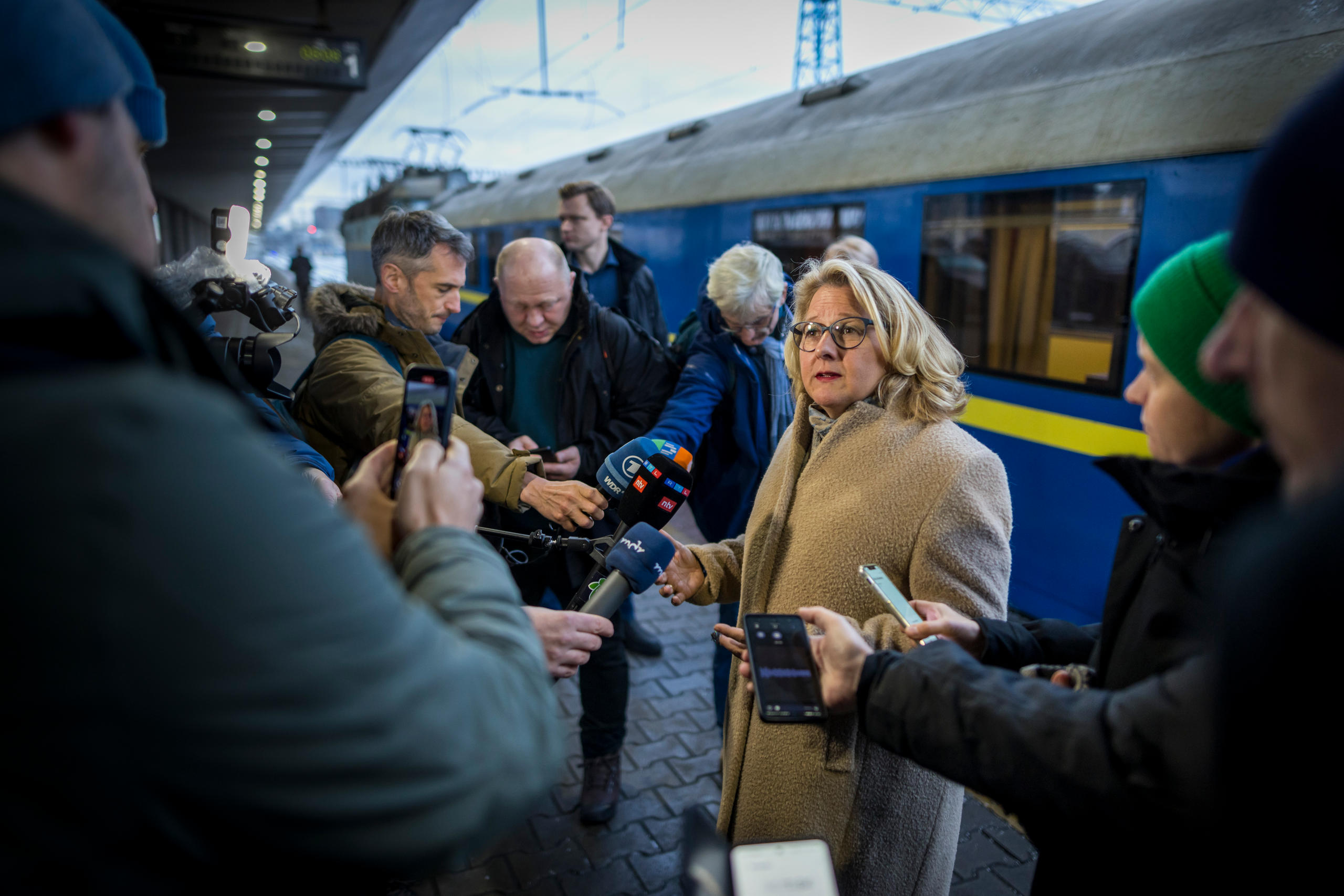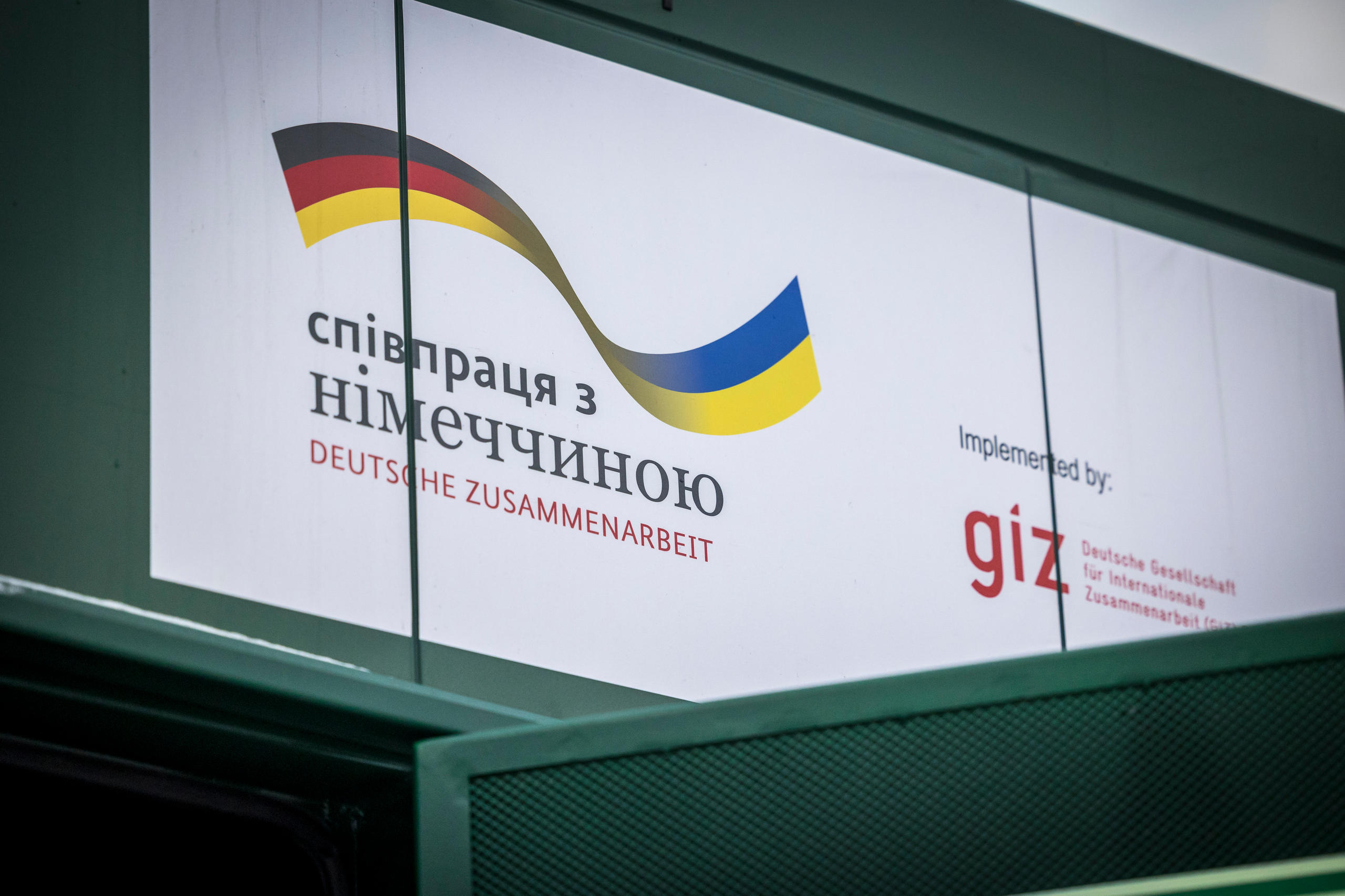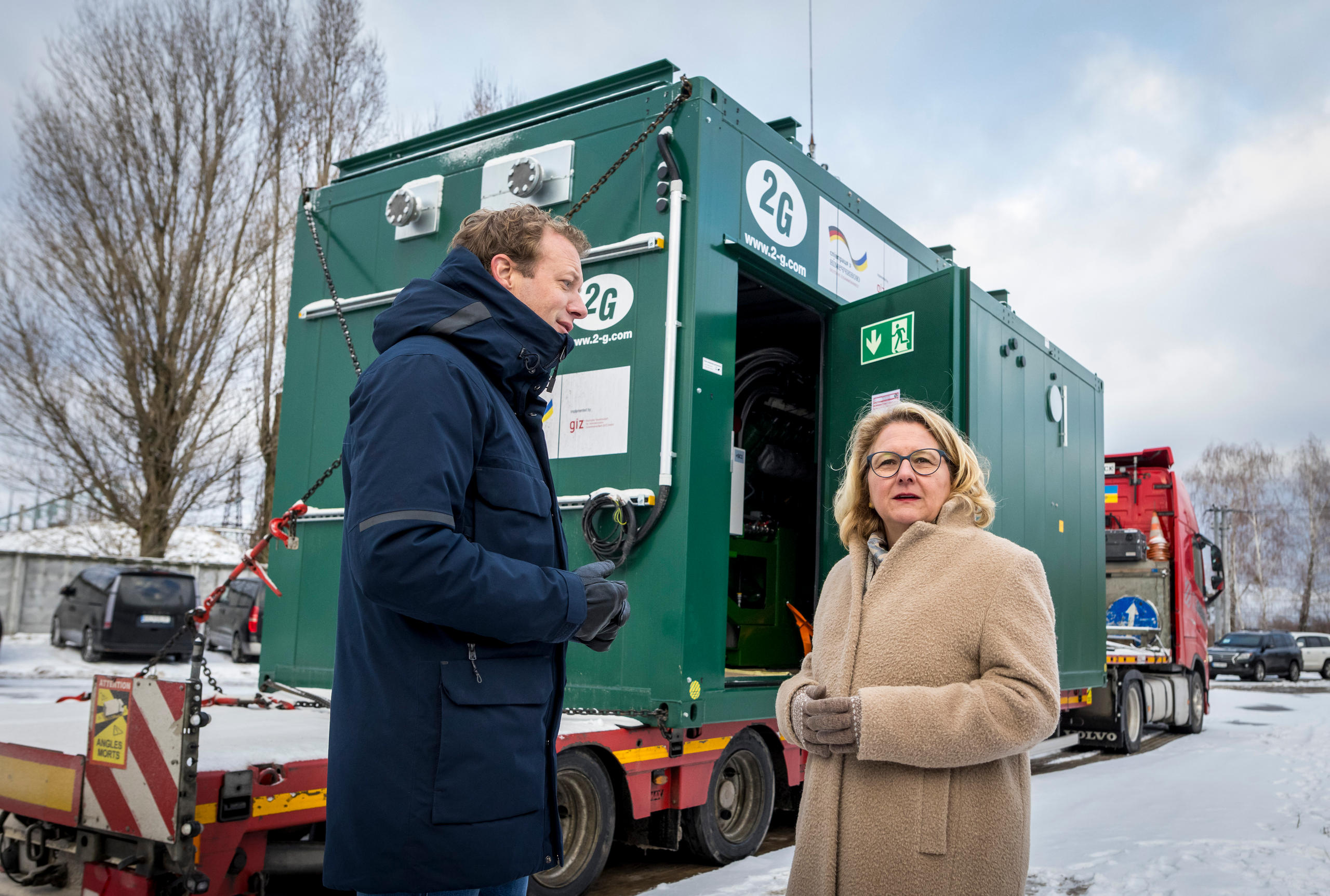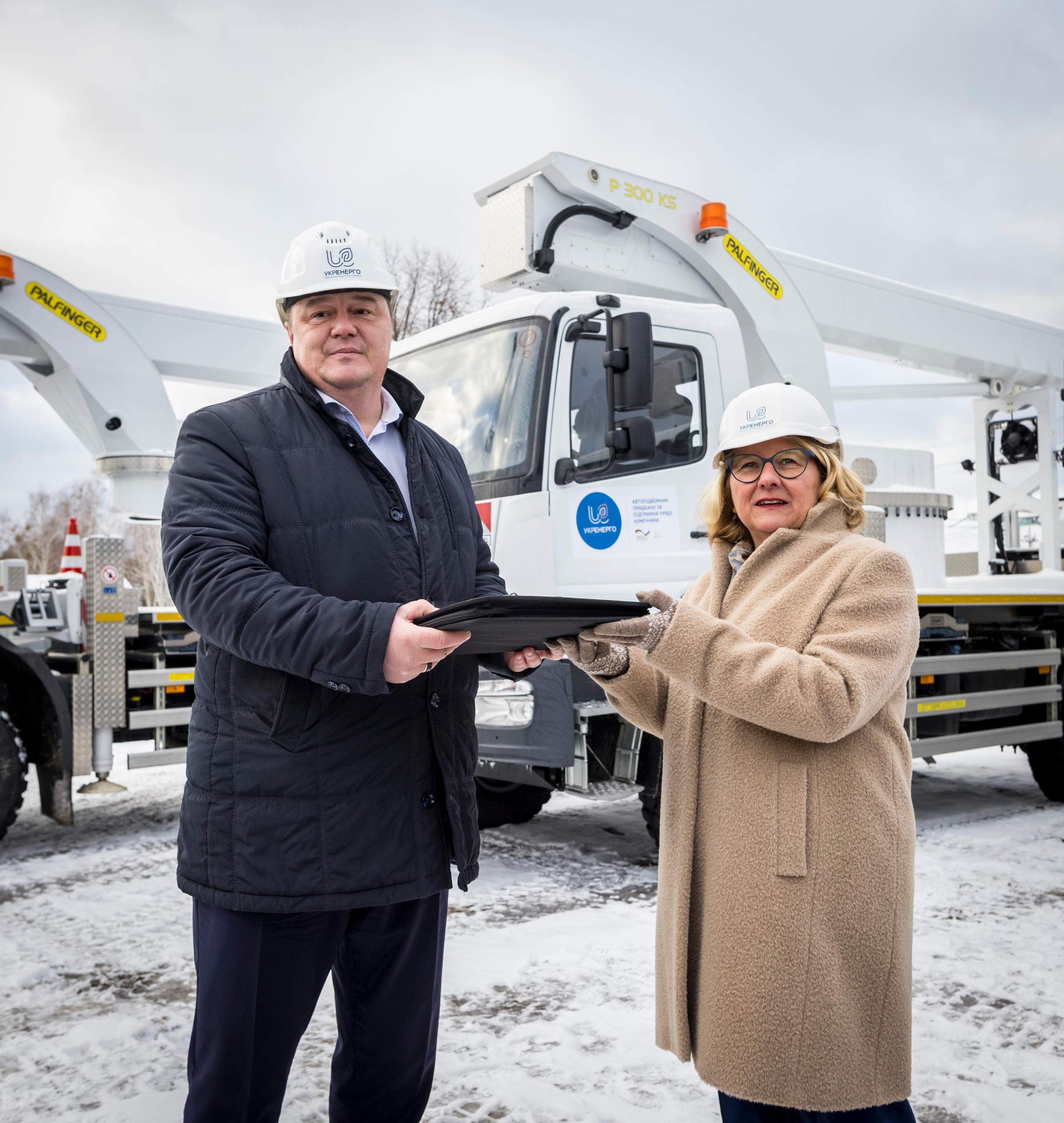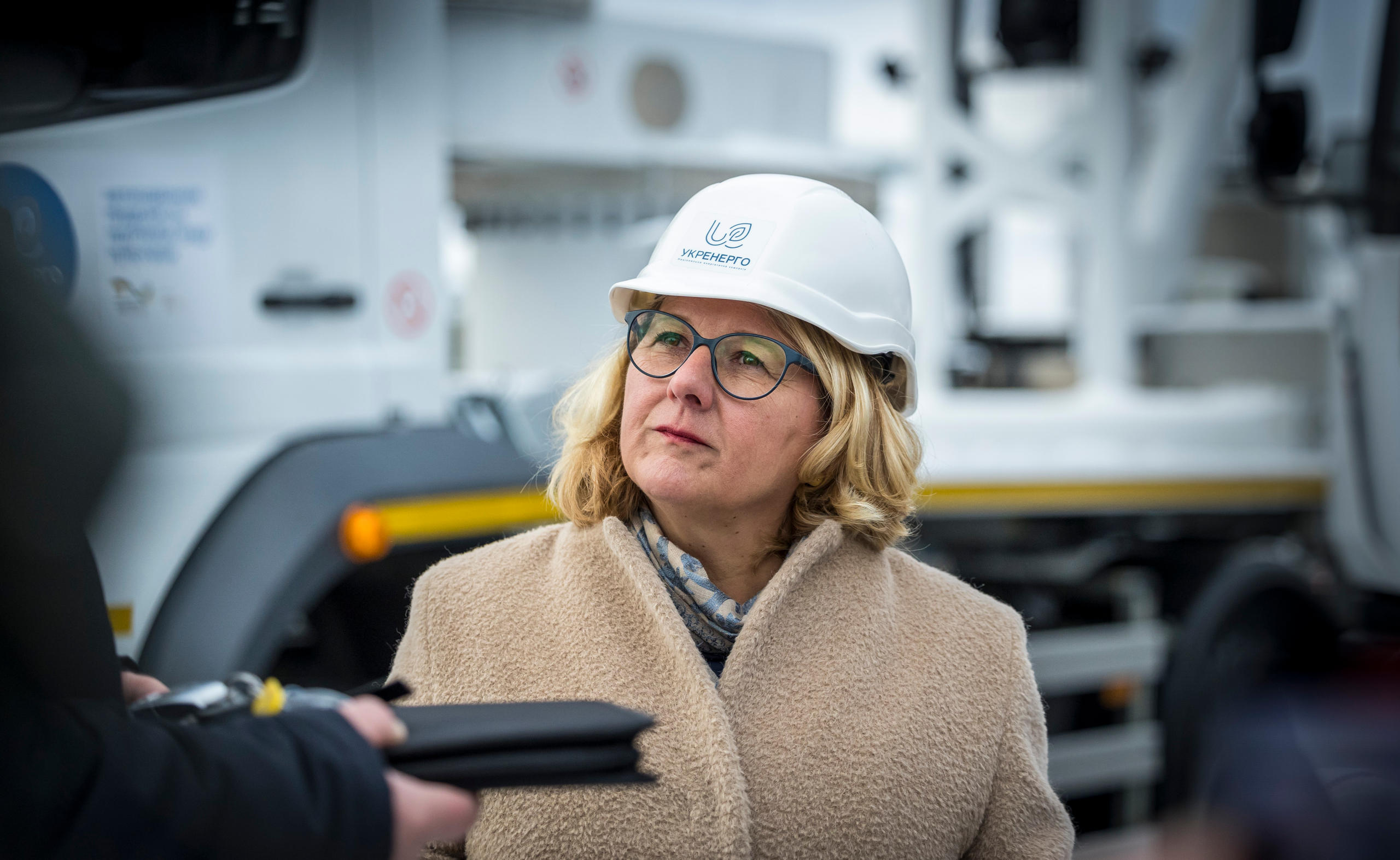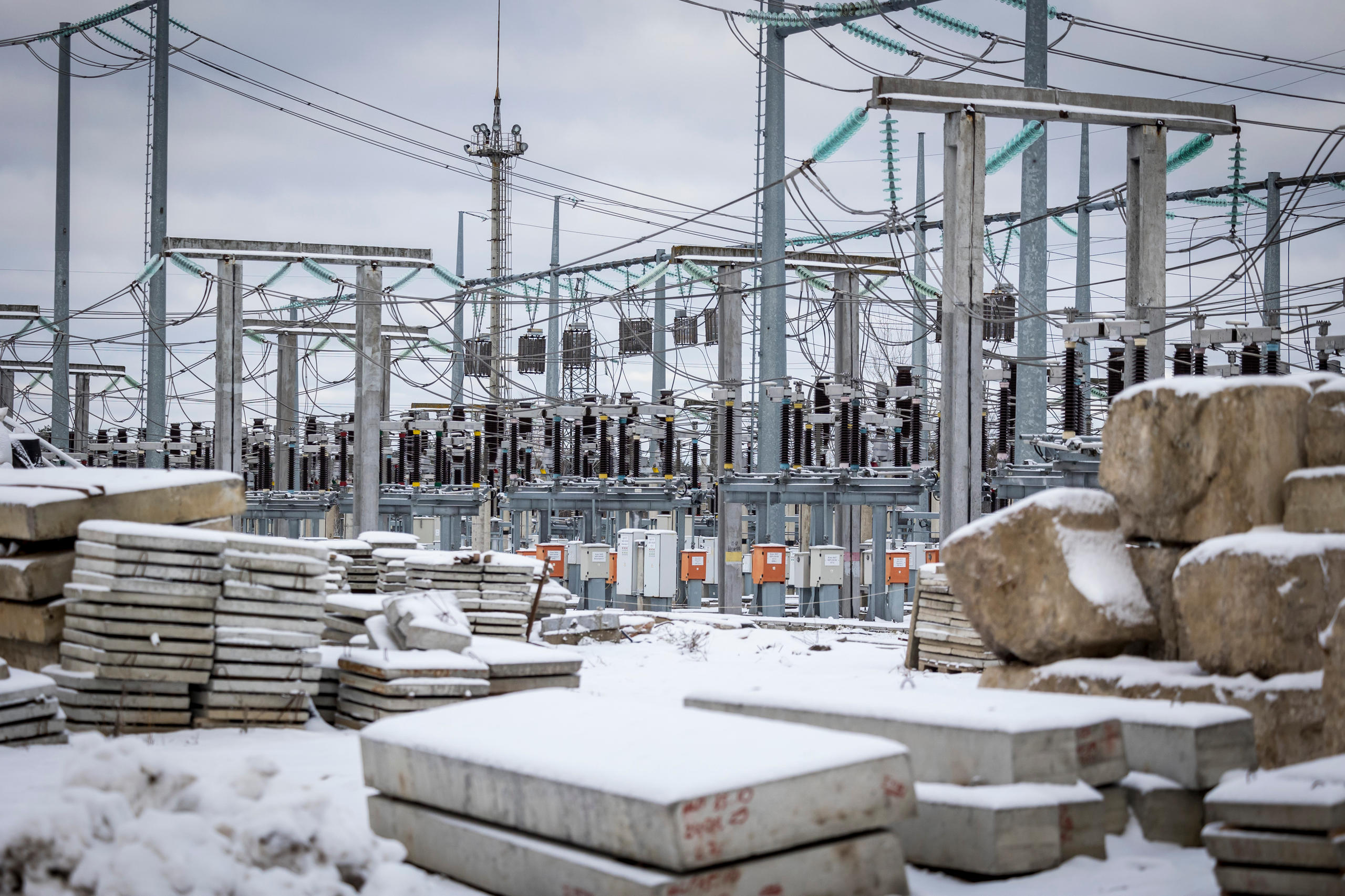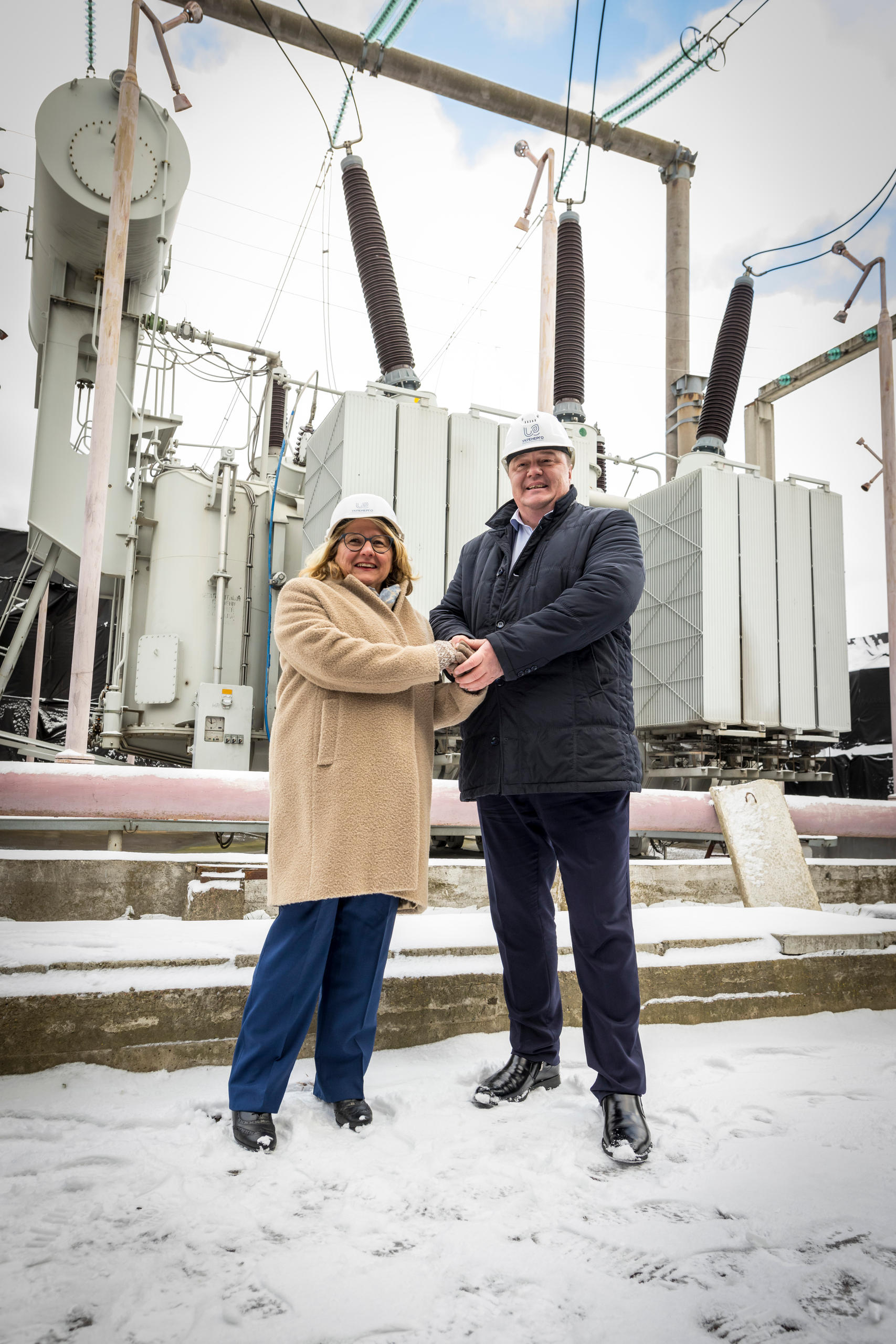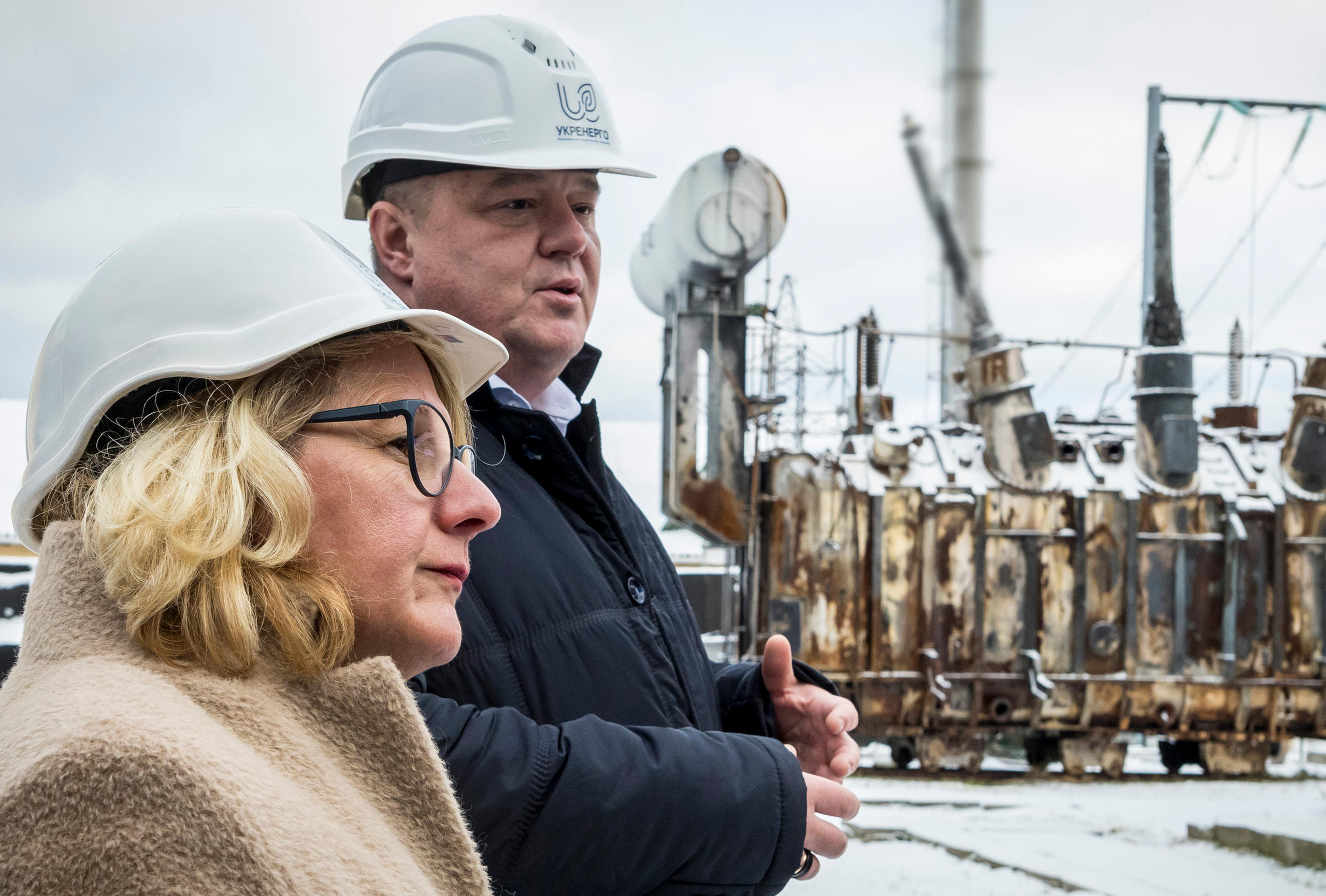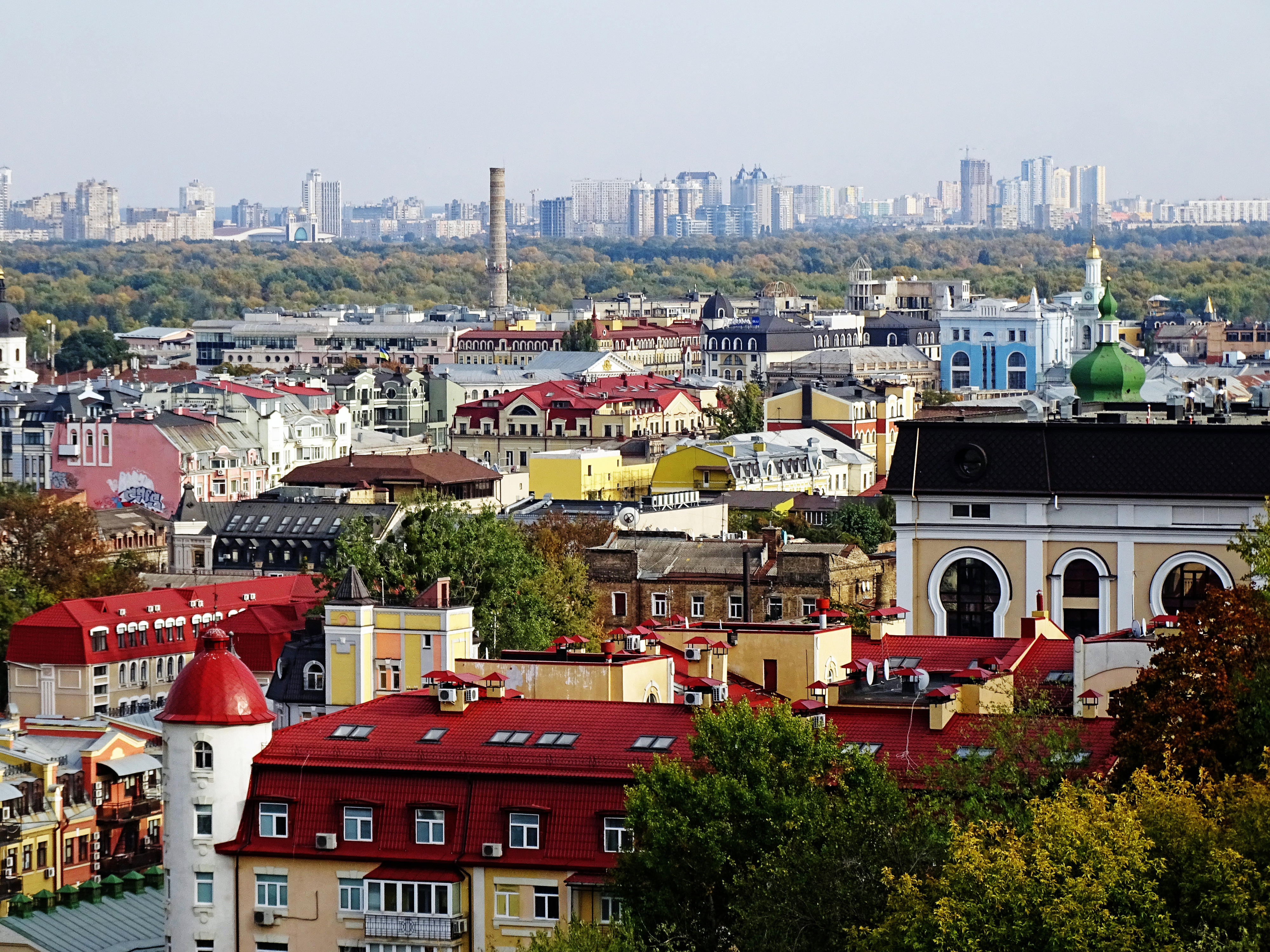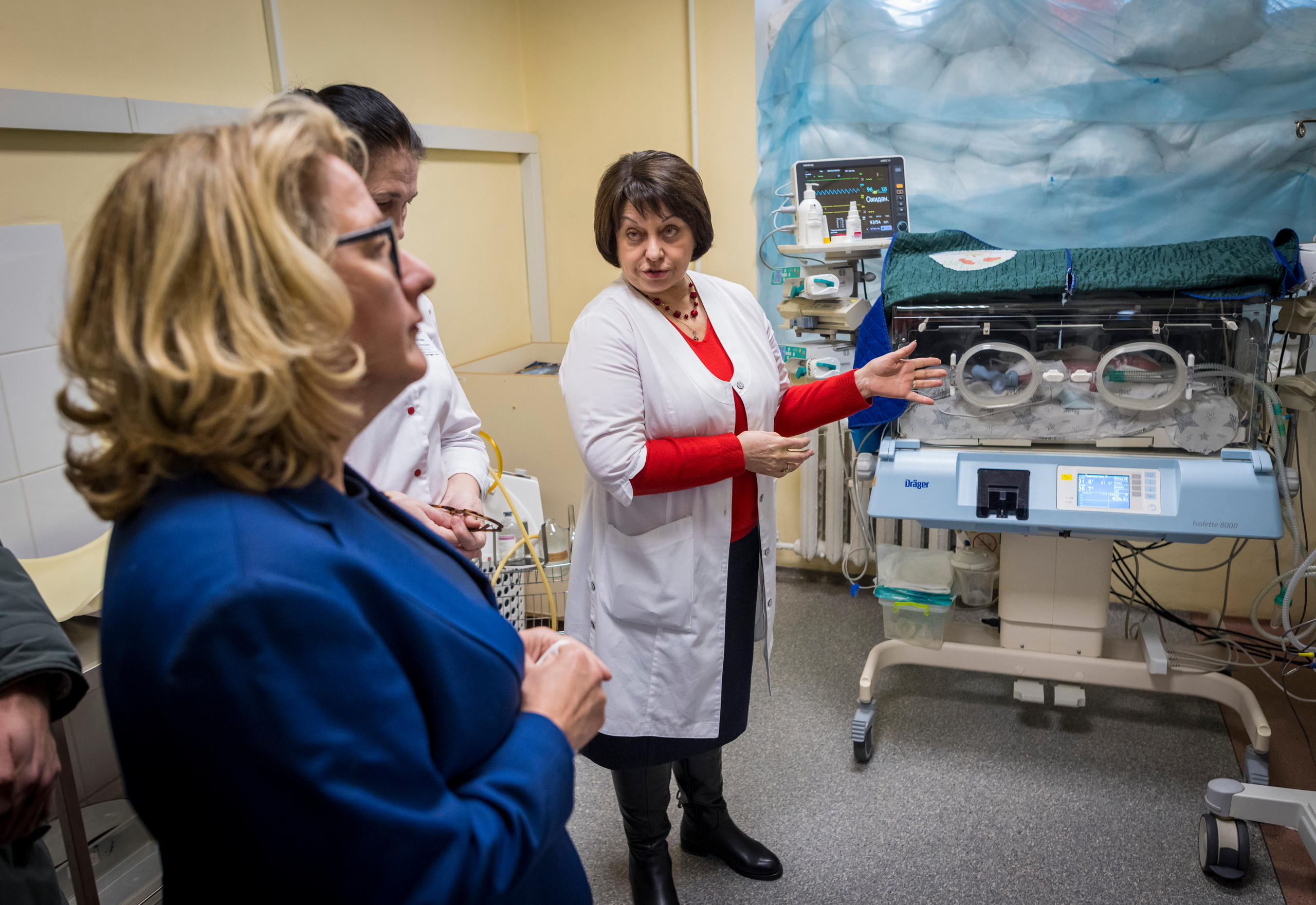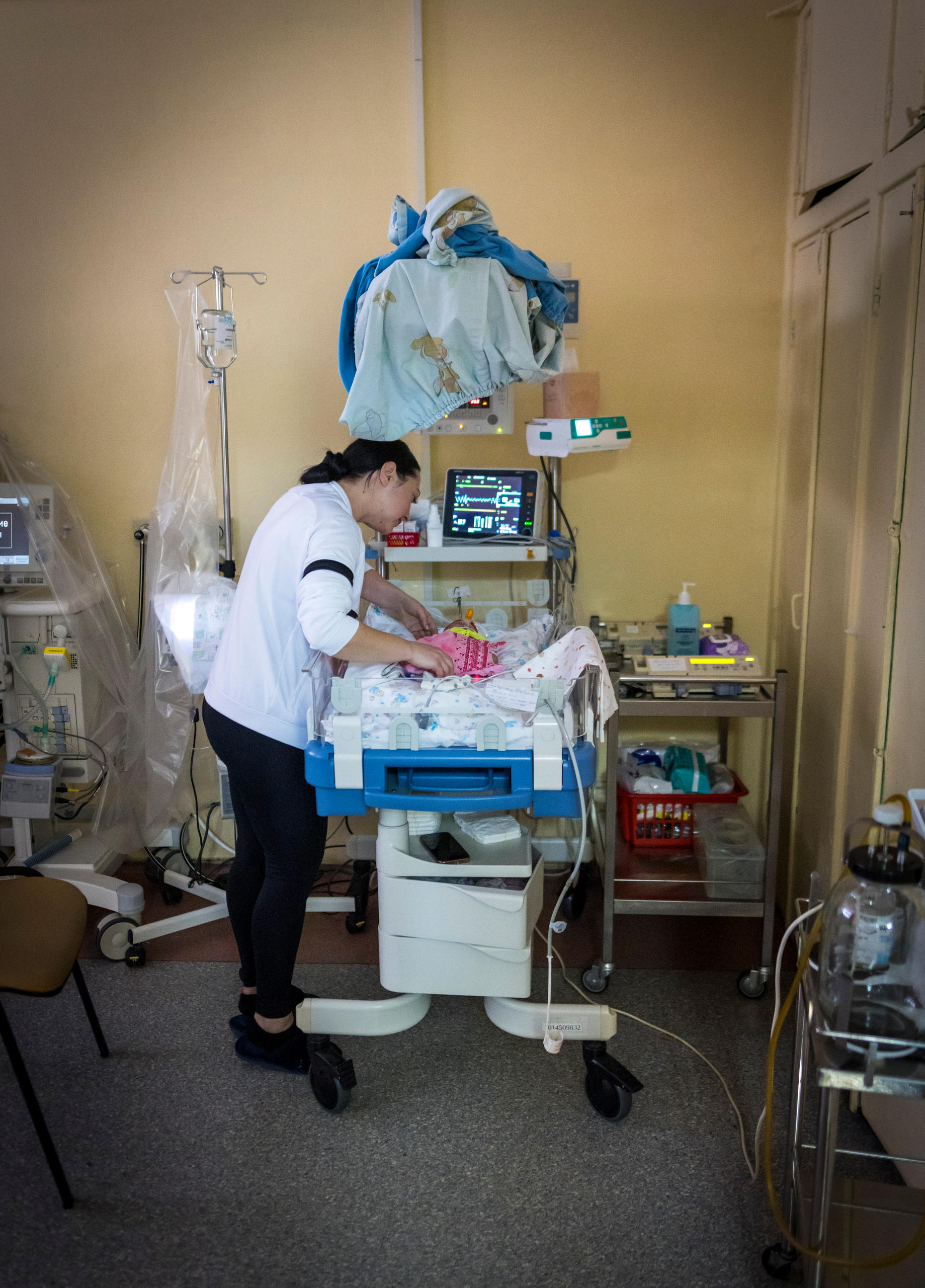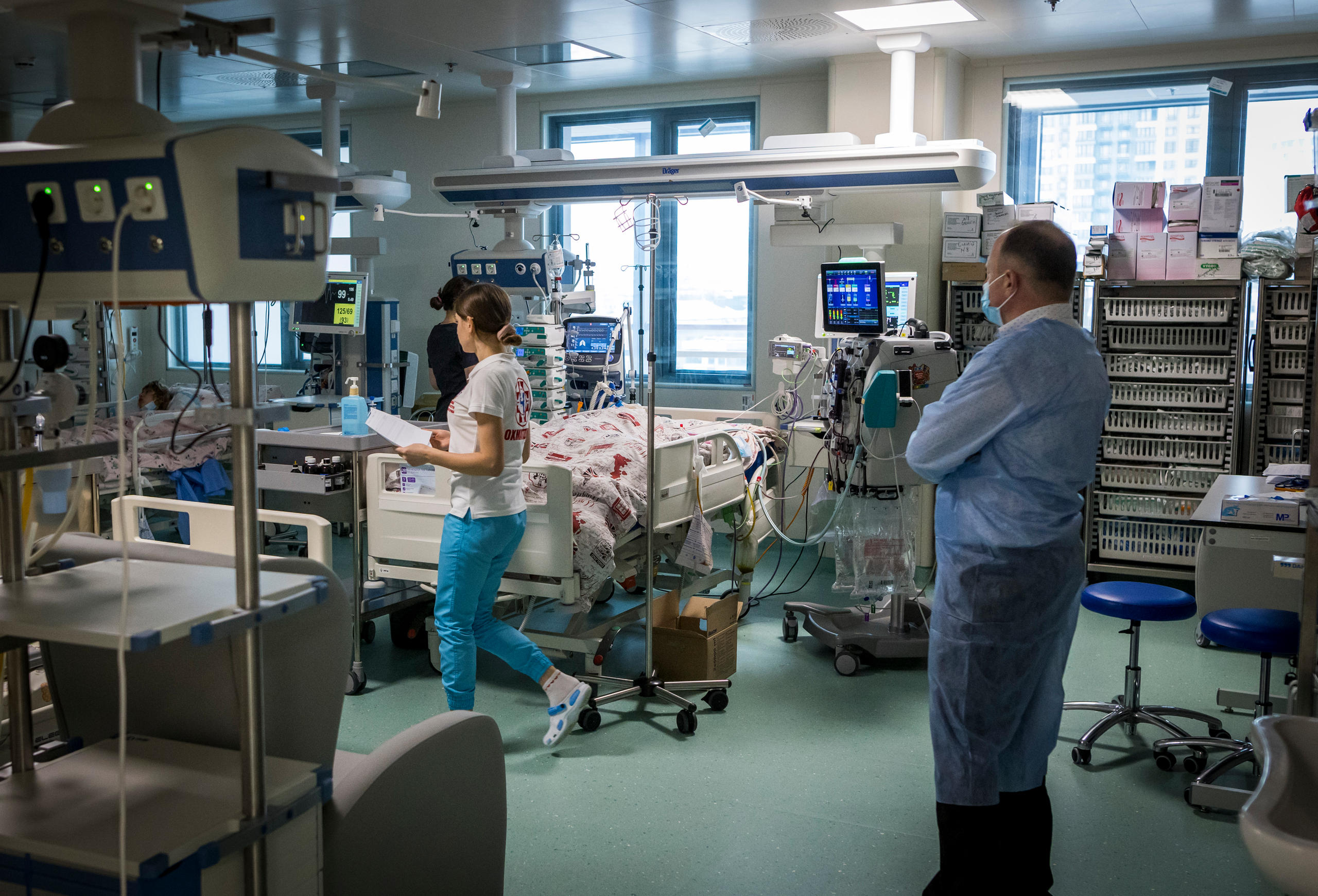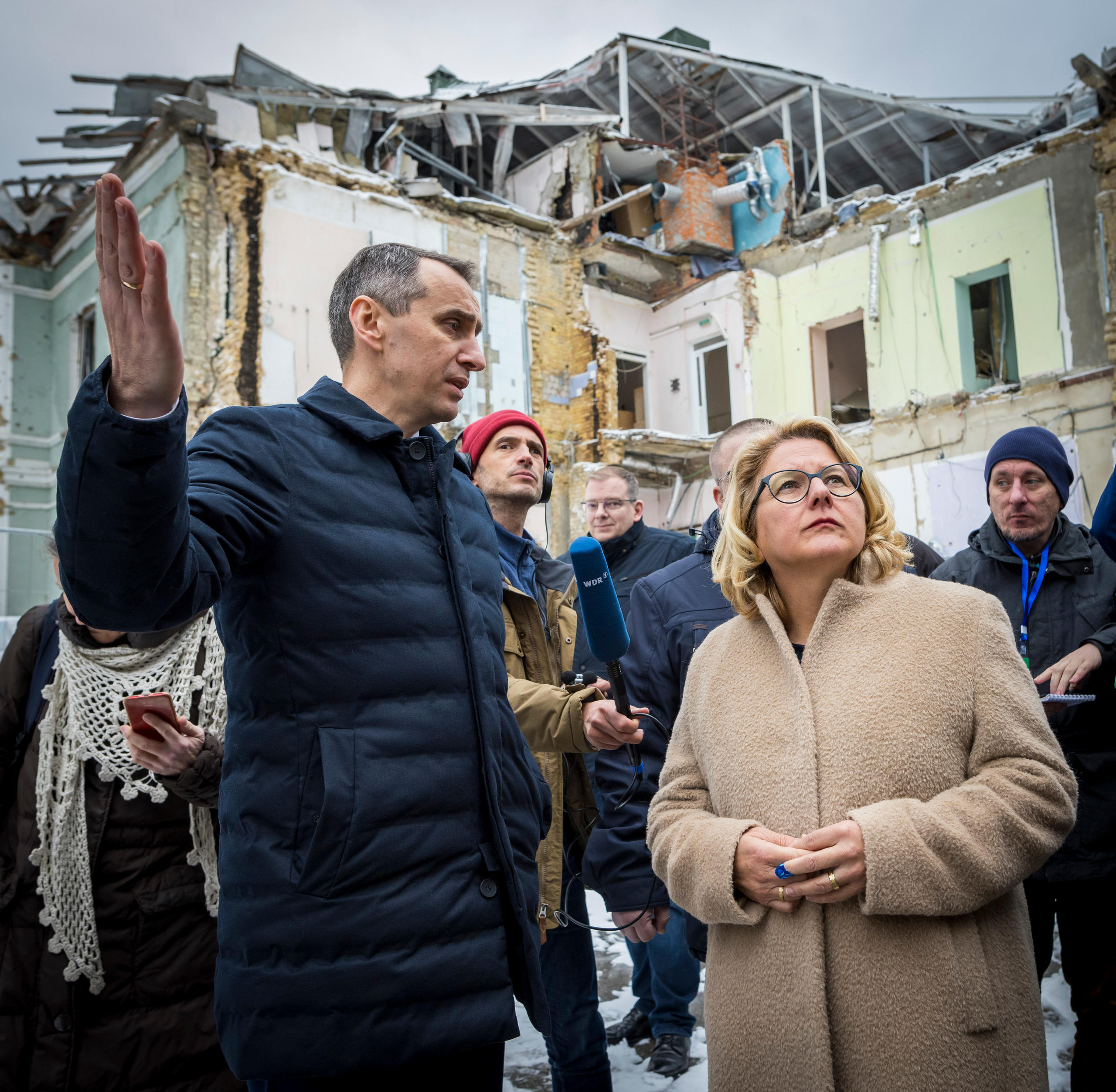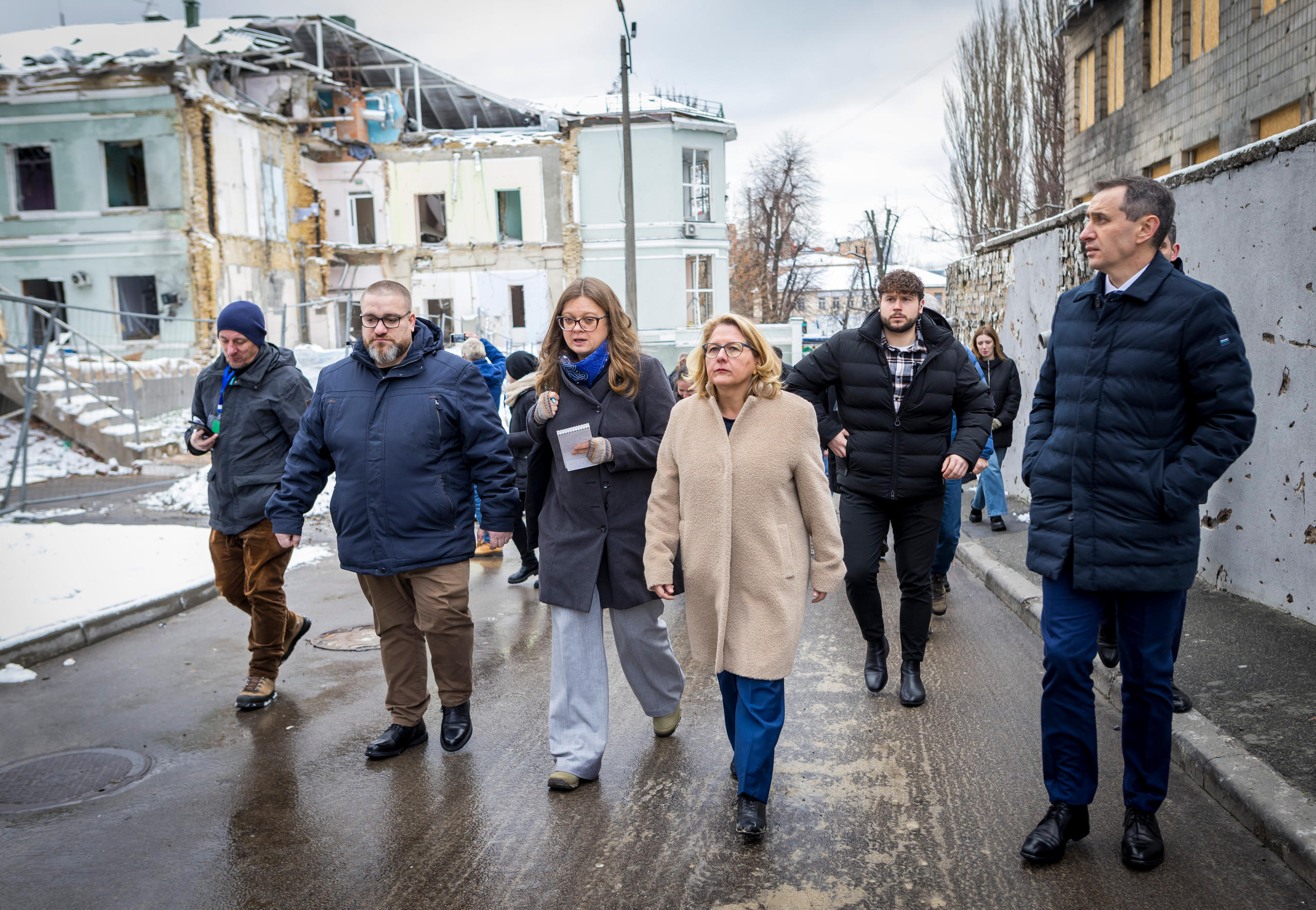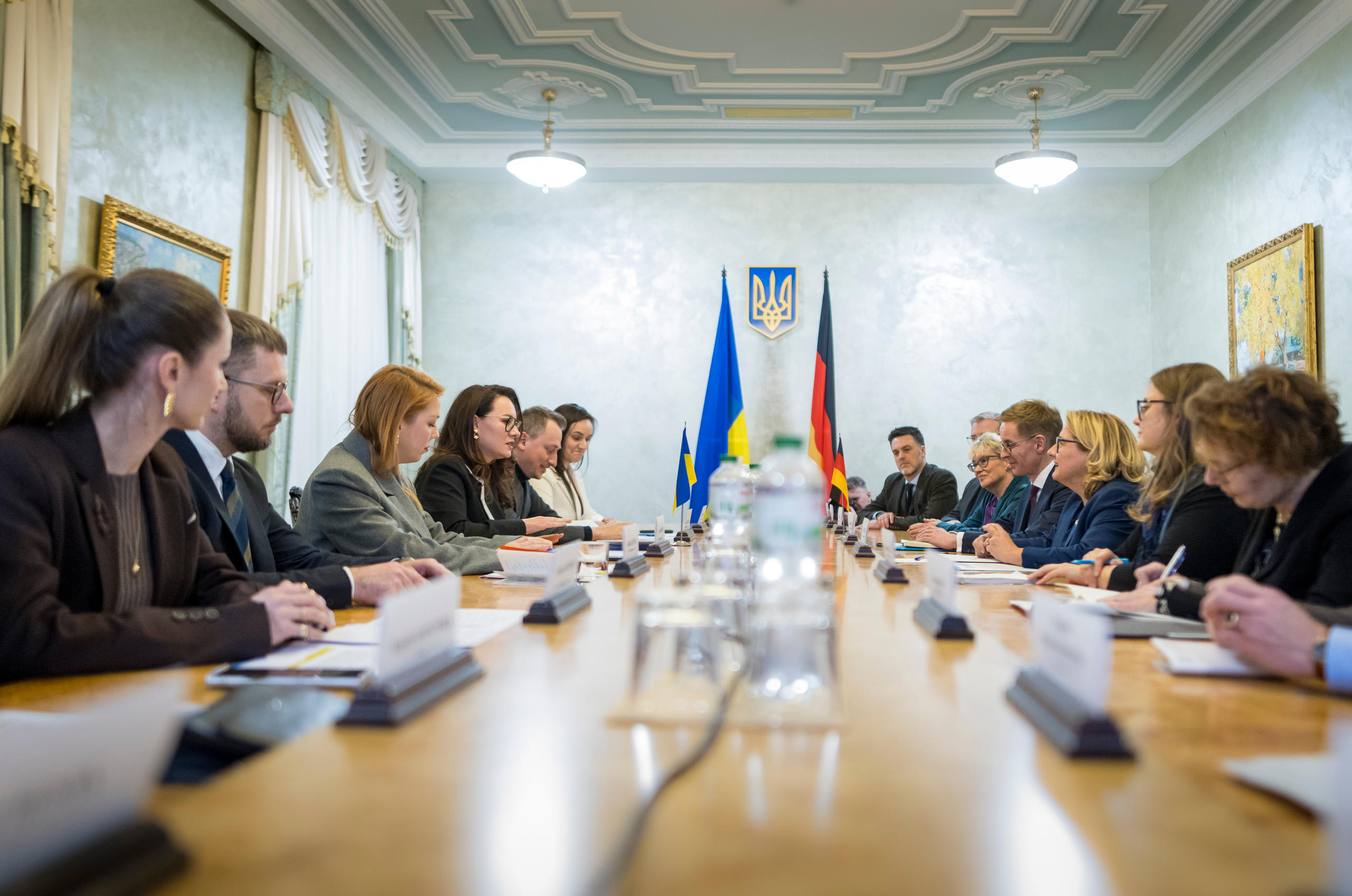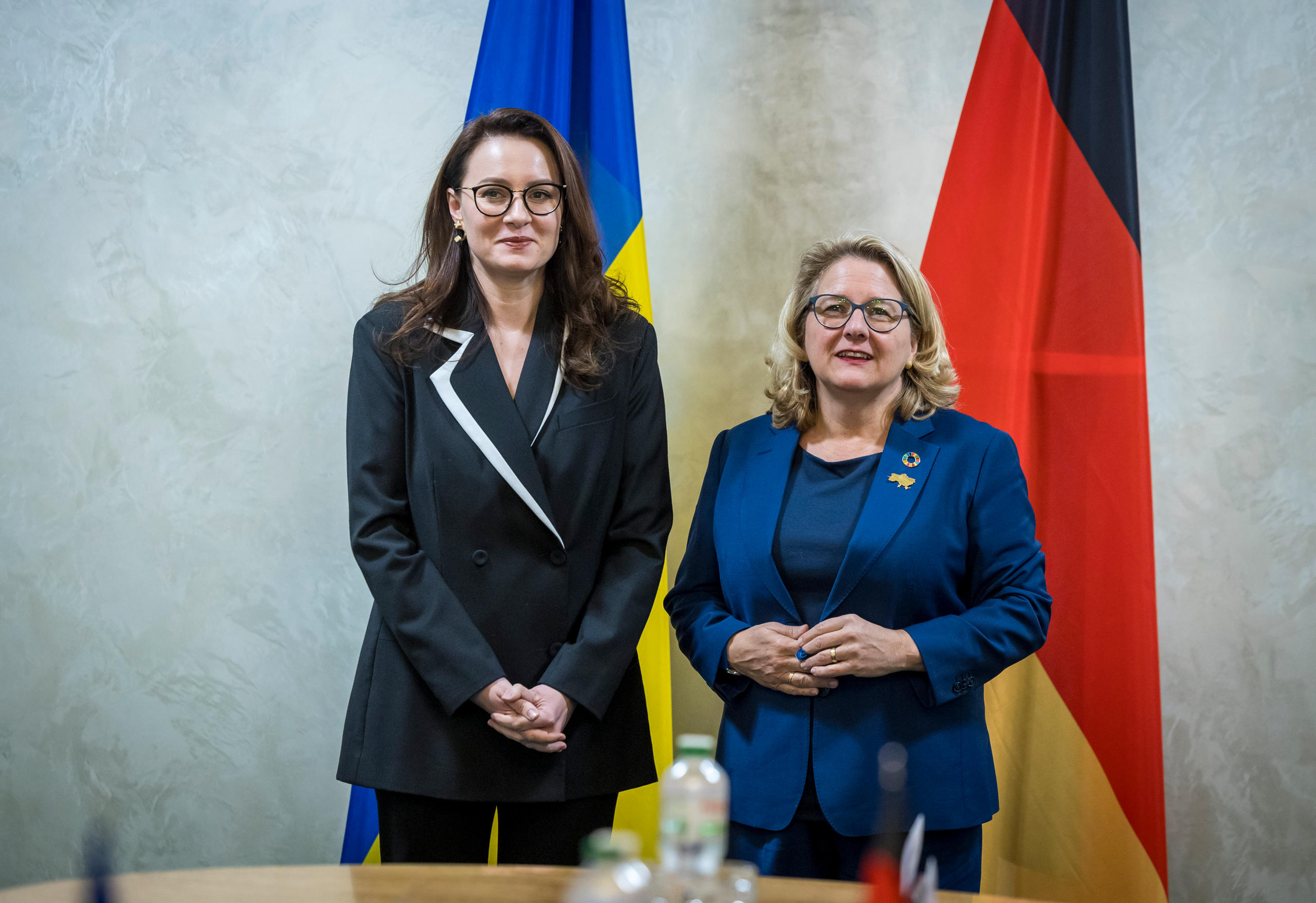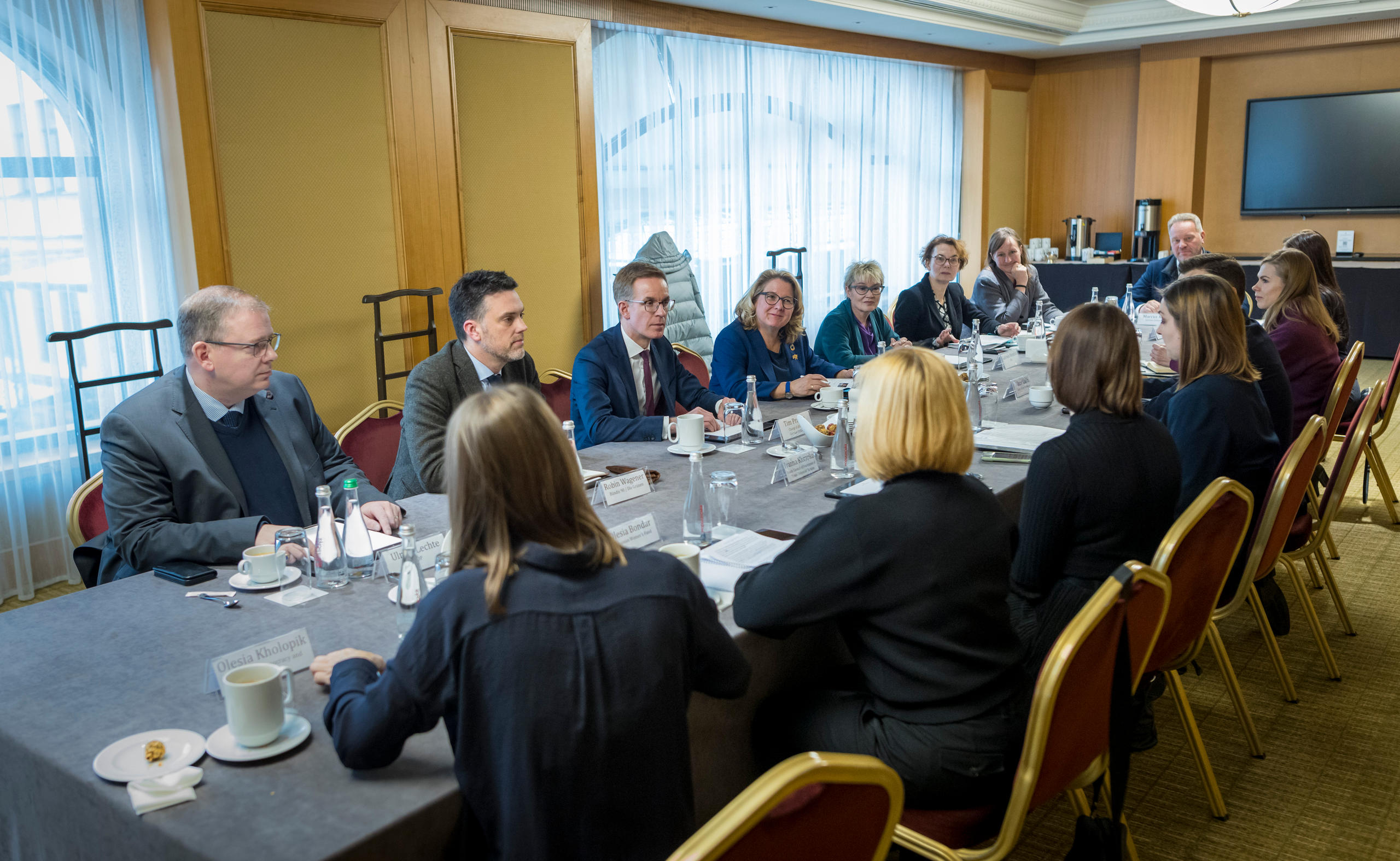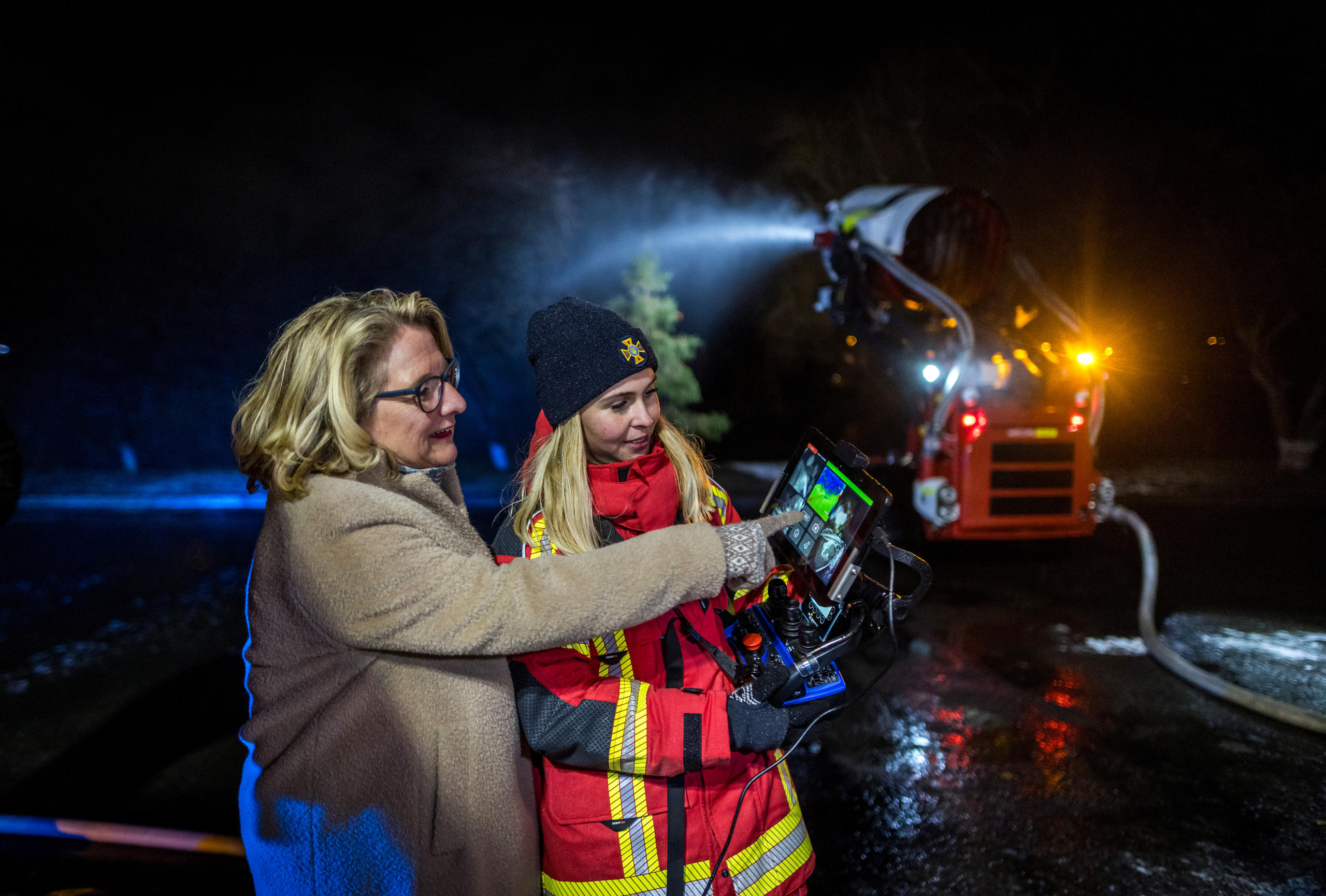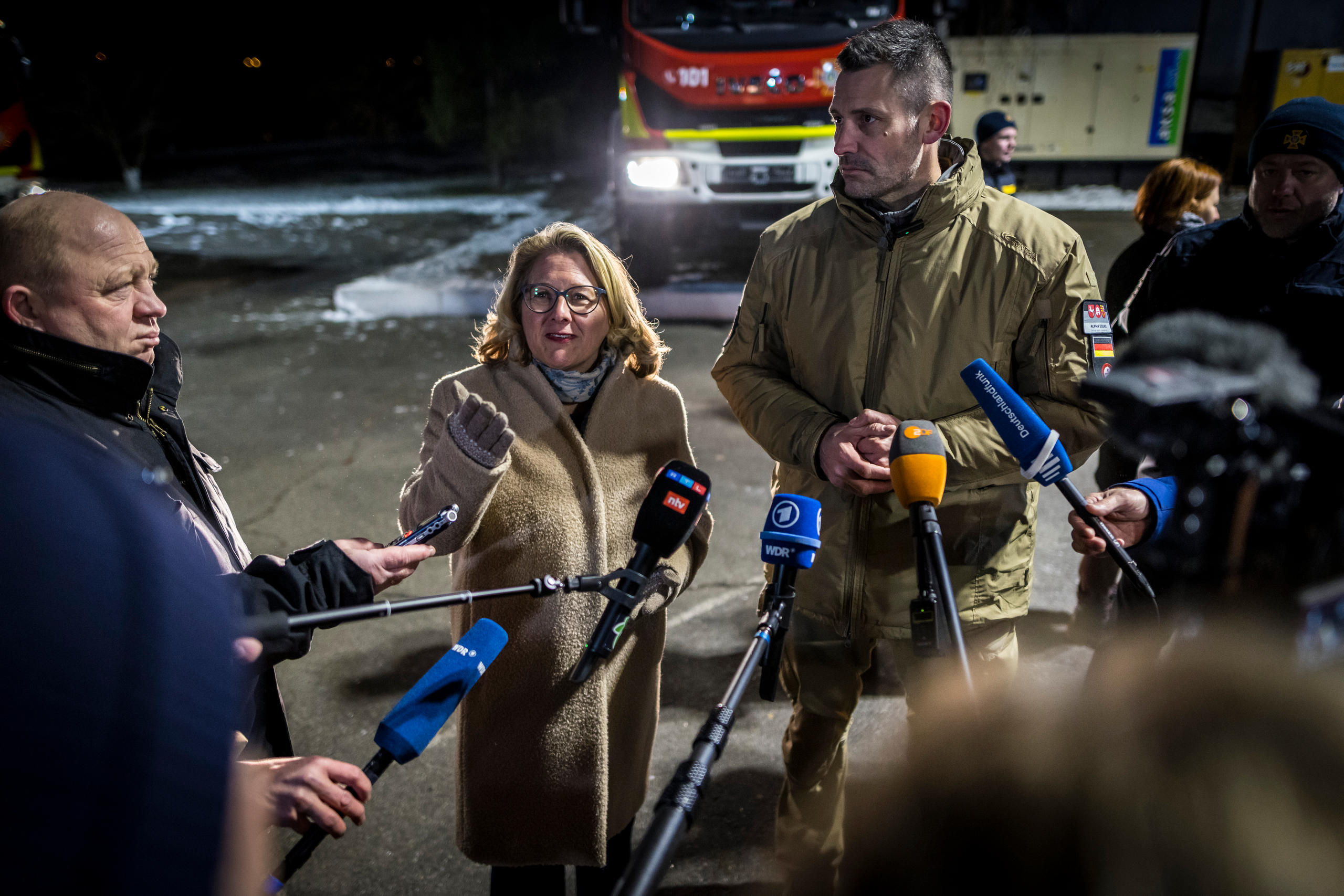Ukraine Development Minister Schulze in Kyiv: Further support for power and heat in the winter.
Minister Schulze said, “The third winter of war will pose a huge challenge for Ukraine: in recent months Russia has carried out targeted attacks on energy and heating infrastructure. These attacks are part of Russia’s perfidious plan to weaken people’s resolve and drive them from their homes by leaving them to freeze in the dark. My Ministry is supporting Ukraine’s efforts to provide power and heat, and will continue to provide this support. This assistance is reaching the people and it is urgently needed. That is vital for their survival during the winter. No one should forget that Russia attacked Ukraine in violation of international law. Ukraine is defending its own territory and in doing so it is also defending our security in Europe. Because of that, our budget policy cannot be a case of doing one or the other; the only option is doing both: we must invest in economic performance and social cohesion in Germany as well as bolstering up Ukraine. That is the only correct response to Putin’s aggression.”
Around half of Ukraine’s energy infrastructure has been destroyed or damaged by Russia’s attacks. The population in every part of the country is constantly suffering hours without power or heat. That is why the support being provided by the BMZ is particularly focused on heating and on the power supply.
During her visit, Minister Schulze will officially hand over one out of a total of 80 mobile combined heat and power units, which can be transported on articulated lorries to wherever they are needed, in order to produce heat and power in places where the supply has been disrupted. The first of these mobile units are already operating in places that have been cut off from supplies by the Russian attacks. Together with the rest of the equipment the units will provide power and heat through the winter and beyond for up to 2.6 million people.
One reason why the Development Ministry has been able to act quickly here, with needs-oriented support, is because of the reliable partnerships it has built up over the years with Ukrainian towns and municipalities. The local authorities know very well what is needed and where it is needed after an attack by Russia has disrupted the power supply.
The day before her visit, Minister Schulze had spoken about German energy support with Ukraine’s Energy Minister, Herman Halushchenko, at the German-Ukrainian Economic Forum in Berlin. They also talked about the Ukrainian energy utility Ukrenergo. The BMZ is assisting Ukrenergo in its efforts to carry out urgently necessary repairs to power and heat infrastructure, and to expand the use of renewable energy in order to increase Ukraine’s energy security. These efforts include placing large concrete protective casings that are capable of withstanding drone strikes around central transformer stations.
Another focus of Minister Schulze’s visit in Kyiv has been on strengthening health care. The BMZ has been working with Ukraine in the health sector for many years. For example, in Ohmatdyt, the biggest children’s hospital in Ukraine, which had been providing treatment for up to 20,000 children a year, many of them seriously ill. In July 2024, part of the hospital was destroyed by a Russian air strike. The German government provided immediate assistance so that the hospital was able to get back up and running and so that patients were able to be transferred to other hospitals. Laboratory equipment, specialist equipment for neuro-surgery and dialysis machines mean that, for example, babies born prematurely or children injured in attacks can still receive life-saving care, even in the middle of a war. The number of premature births has risen by 30 per cent in the past year, due to the stressful impacts of the war on pregnant women.
Minister Schulze said, “Bombing a children’s hospital like Russia did in July goes against all humanity. And Russia shows no signs of stopping: just two weeks ago, a drone hit another children’s hospital in Kyiv. These are places that are treating children who are seriously ill. No one should be willing to accept any attempt to erase such places from the map. Today the children’s hospital Ohmatdyt is no longer just a symbol for senseless and contemptuous destruction. It has also become a symbol for resistance and hope. Because children are still being treated in Kyiv. What was destroyed is being rebuilt. Sick children are being healed. With untiring efforts by Ukraine and with heaps of support from Germany and many others as well. Together we are working to make a better future for the children in Ukraine.”The programme for the Minister’s visit also included talks with representatives of the Ukrainian government and civil society representatives, meetings to strengthen municipal partnerships between German and Ukrainian cities and communities, and a visit to a fire station. The first specialised unit trained in using fully automated equipment to extinguish fires and rescue people is based there. Pilots can direct extinguisher robots from a distance, so that they do not need to put their own lives at risk. This is necessary because Russia often bombs targets a second time, in order to hit emergency responders. The BMZ is financing the equipment and the training of the robot pilots.
In June, the BMZ and the Federal Foreign Office organised the Ukraine Recovery Conference in Berlin, where more than 110 agreements to support Ukraine were concluded. For more information go to: https://www.urc-international.com/news-urc-2024 (External link)
